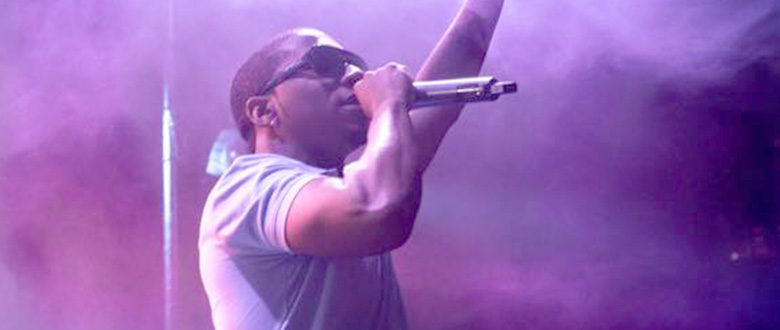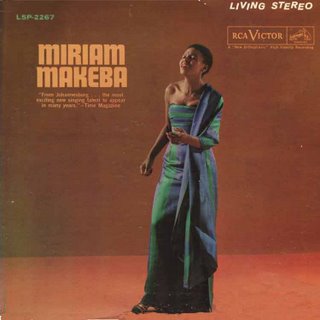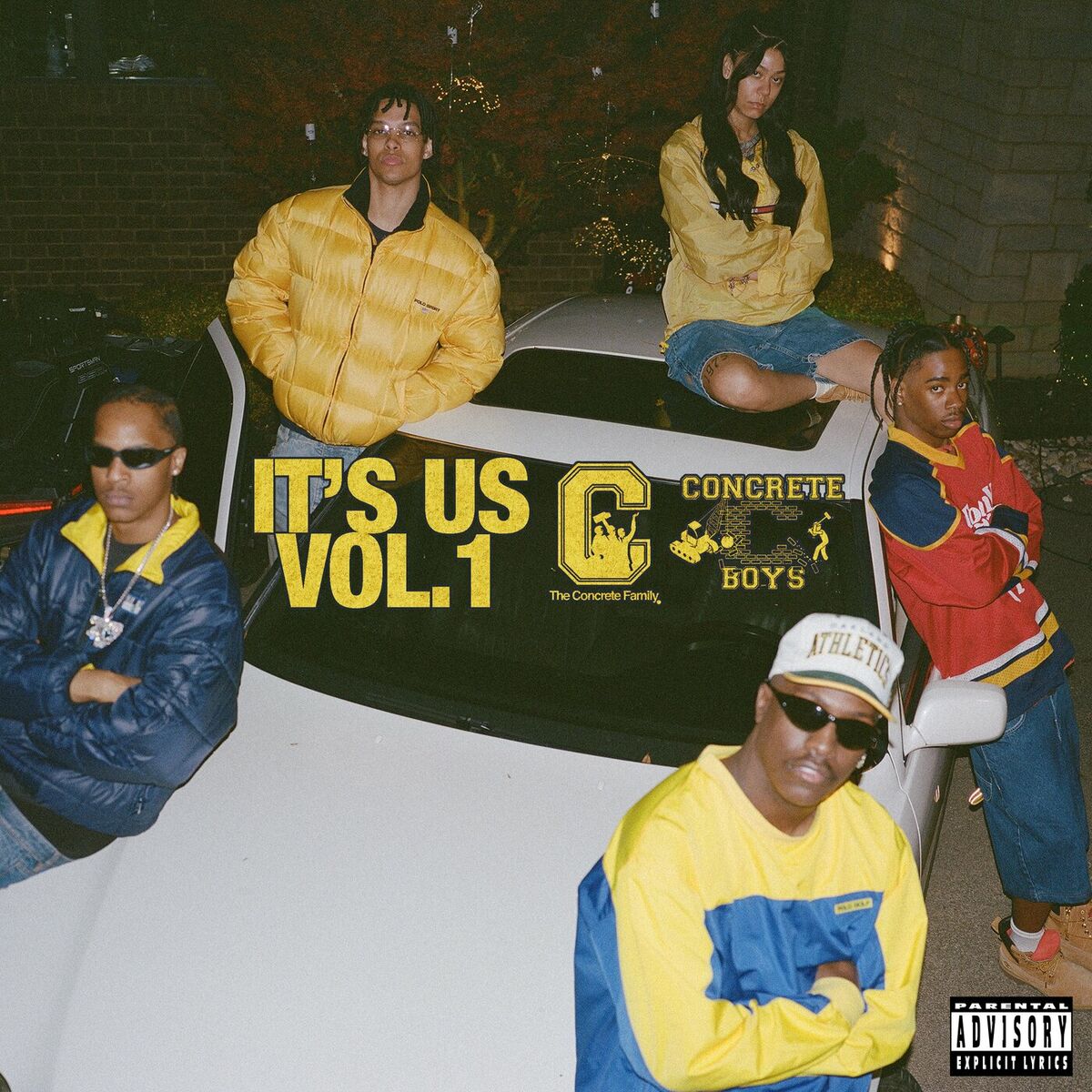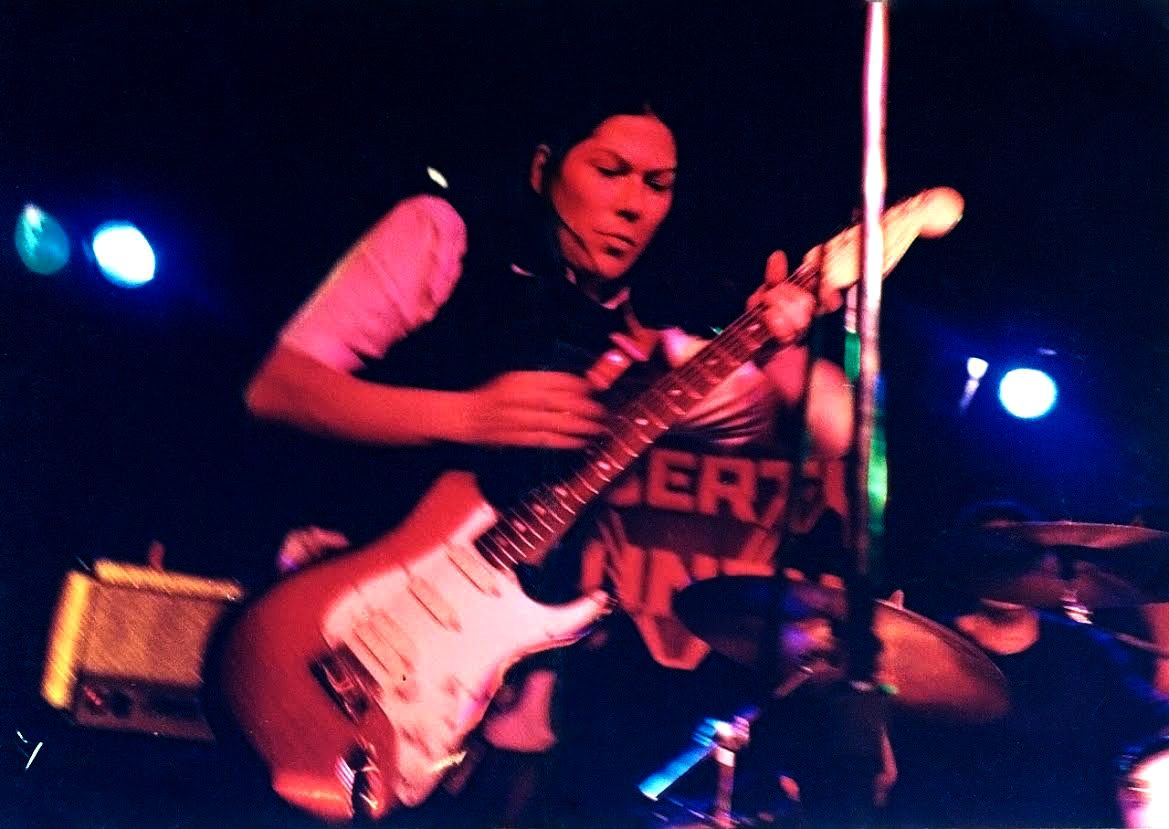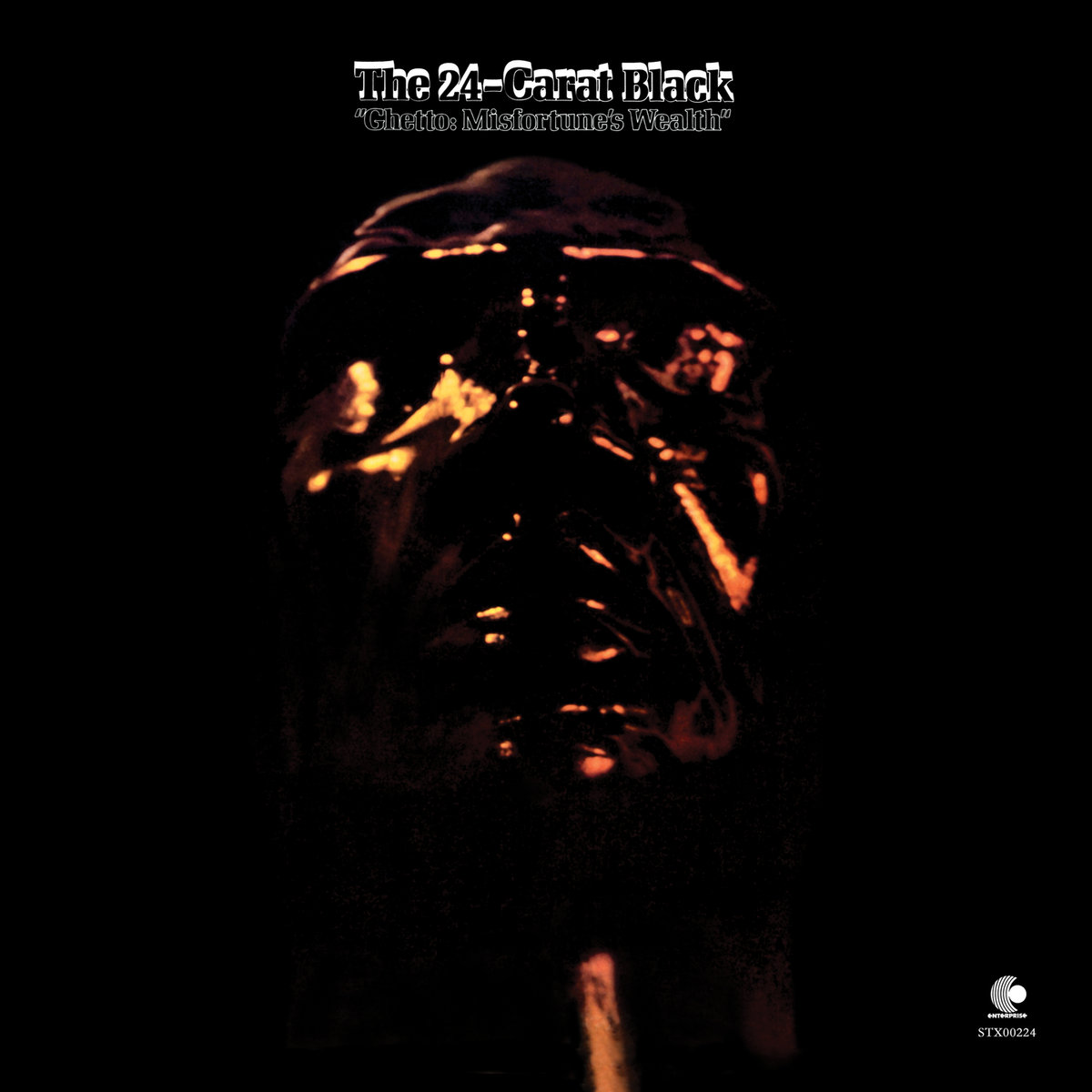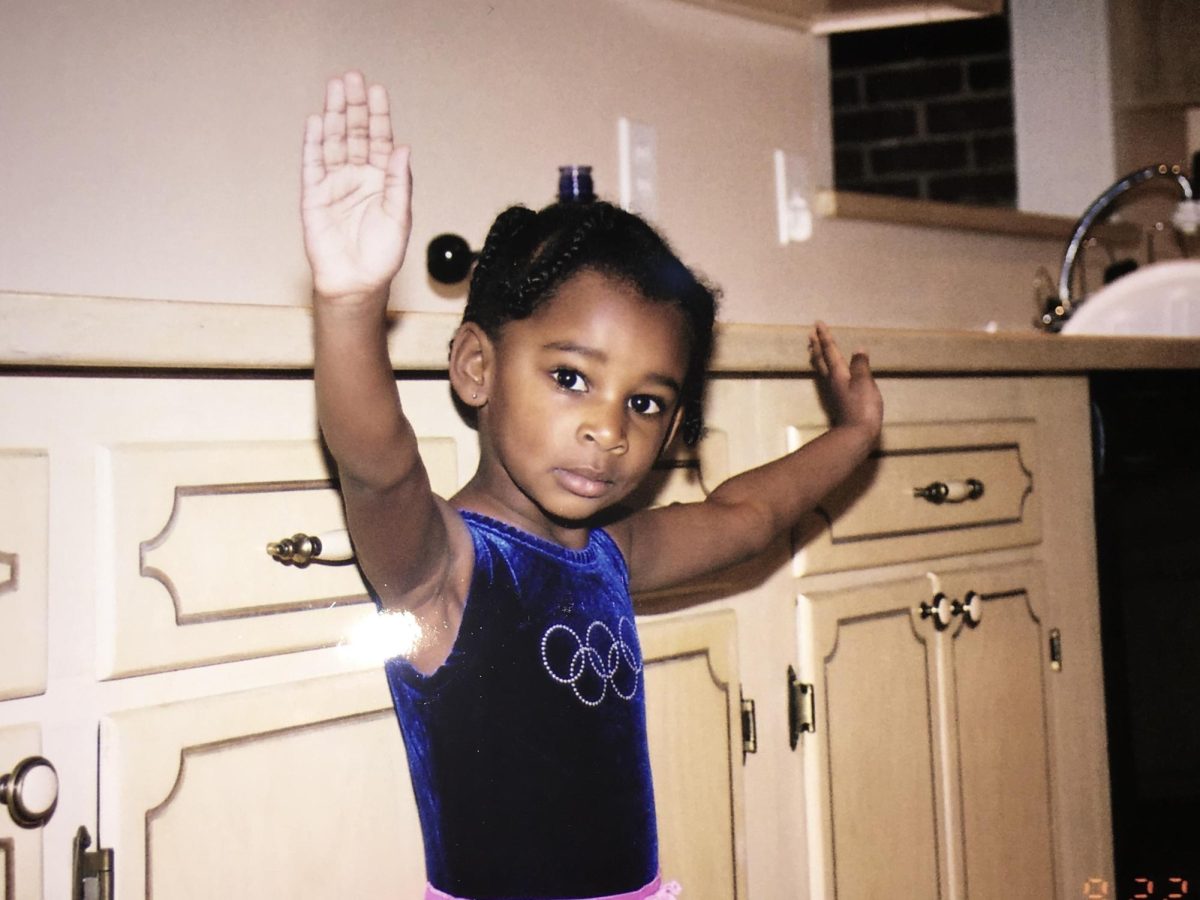Who does Danny Brown consider to be the most influential rapper of the last 10 years? Who popularized the use of words like ‘swag’ or ‘hyphy,’ and has had a huge hand in bringing back mixtape culture, influencing the latest generation of hip-hop artists by pure will? The answer hides in plain sight, turning away the untrained ear because of his stilted, conventionally “bad” flow or his, at times, comically fearless optimism. But the BasedGod worries not about trivial human desire and judgement. He’s too busy making the world a better place, one track or tweet at a time.
Lil B is an artist from Northern California. His professional career launched back in 2006 with a hip-hop group succinctly named The Pack, and his solo efforts took a sharp incline in 2009 with his first mixtape, I’m Thraxx. He dominates a track when he wants to, but critics push forward the notion that he has no rhythm. He is largely accredited as the sole creator of cloud rap, yet naysayers like to deflect his success to his producer, Clams Casino. The conspiracy that his curse on NBA player James Harden single-handedly kept him from winning MVP should prove his influence, but still time and time again, non believers claim he holds no omnipotence. There a clear difference in BasedGod haters, hardcore fans and everyone still confused in the middle, causing a three-way split between those who hate Lil B, those who ironically love Lil B, and those who genuinely understand and appreciate his Lil B’s vast influence. Let’s take the each average Lil B fandom step by step, from blind hater to cautious adopter to finally fan for life.
“He Can’t Even Rap”
At first glance, Lil B seems to be a total clown. Those unfamiliar with the bay area rapper were likely introduced to him through his Kevin Durant diss track, which absolutely screams “meme rapper.” He’s off tempo, the beat clashes terribly due to shoddy mastering, and he has some questionably crude bars about WNBA players. If newcomers take a closer look, the crap doesn’t end, seemingly ever. Lil B has one of the highest outputs of any rapper today, save perhaps Viper, and a good percentage of it is entirely dismissible. It’s hard to blame the vast majority of listeners music lovers for dropping Lil B at this stage, especially with his overwhelming discography and cartoony demeanor, and while we hope the best for these poor souls, it’s a pity they didn’t dig their heels in and reap the benefits of being a devoted fan.
“BasedGod is the G.O.A.T!”
The second stage of Lil B fandom and awareness is generally the longest one. In fact, the majority of these fans never really leave this stage, finding themselves forever stuck in this limbo of irony. It’s easy to see why, they wanted to jump aboard the bandwagon and be apart of the ridiculous canonization of a truly awful rapper, but ultimately there’s too many mixtapes, too many curses, and too many tweets to keep up with. It’s much easier to sarcastically praise Lil B’s funniest and most popular songs in public and then talk down on him behind closed doors. Casual Lil B fans love to share Anthony Fantano’s puzzled review of I’m Gay (I’m Happy) or remind cynics of his fabled MIT lecture, but they do little to share any worthwhile evidence that Lil B is as great as they sardonically claim. This stage of fandom feels reminiscent of Lil B contemporary, Yung Lean, another cloud rapper who quietly influences rap in a lot of ways despite being shot down as a serious artist more often than not. There’s a thin line between being an innovator and the butt-end of a joke, and when artists dance around that line from project to project, their screw-ups are weighted more heavily than their achievements every time. The difference between stage one and stage two Lil B fans is a sense of humor for the absurd. The difference between stage two and stage three is the realization that an artist’s influence can’t be chosen. It’s unconscious, subtle, and slow. Whether hip-hop lovers like it or not, Lil B changed things when he came onto the scene, musically, socially, and culturally.
“Lil B is the most influential hip-hop artist of the last decade”
Any lucky soul that reaches this stage should count their blessings. They’ve been handpicked by the BasedGod as a worthy disciple. In other words, if you’ve reached this stage you’ve probably been aware of Lil B as an artist for at least a year and you finally stumbled upon the “I’m God” music video, only to have your entire worldview shattered. Turns out, Lil B can make infectious, interesting, genre bending music. His beat selection paved the way for atmospheric artists such as A$AP Rocky to become household names in the rap community. Beyond that, the BasedGod has certainly influenced the business side of music, by bringing back the archaic practice of releasing up to 20 mixtapes in a single year and convincing huge artists such as Future and Young Thug to try out the rapid fire approach as well. Even hip-hop kingpin, Kendrick Lamar, cites Lil B as one of the most influential artists of our time.
There’s so much to say about Lil B, whether it be the recent Rolling Loud controversy, in which BasedGod completely forgave A Boogie and PnB Rock for jumping him and destroying his equipment right before his set, or how his curse terrifies NBA players more than the possibility of an ACL tear. He loves unconditionally while holding power that’s seemingly unattainable by other rappers., He influences hip-hop’s culture with an iron fist and an open heart, and he makes the world a better place with each fan he converts. Consider his music a stepping stone to fame, where he shouts messages of goodness and love from the mountaintops. As a undeniable stage three fan myself, Lil B would be my first candidate as spokesperson for the human race. It’s hard to put into words the sheer extent of his impact, so I’ll leave you with my favorite Lil B track, a reminder that the BasedGod will always love you.



